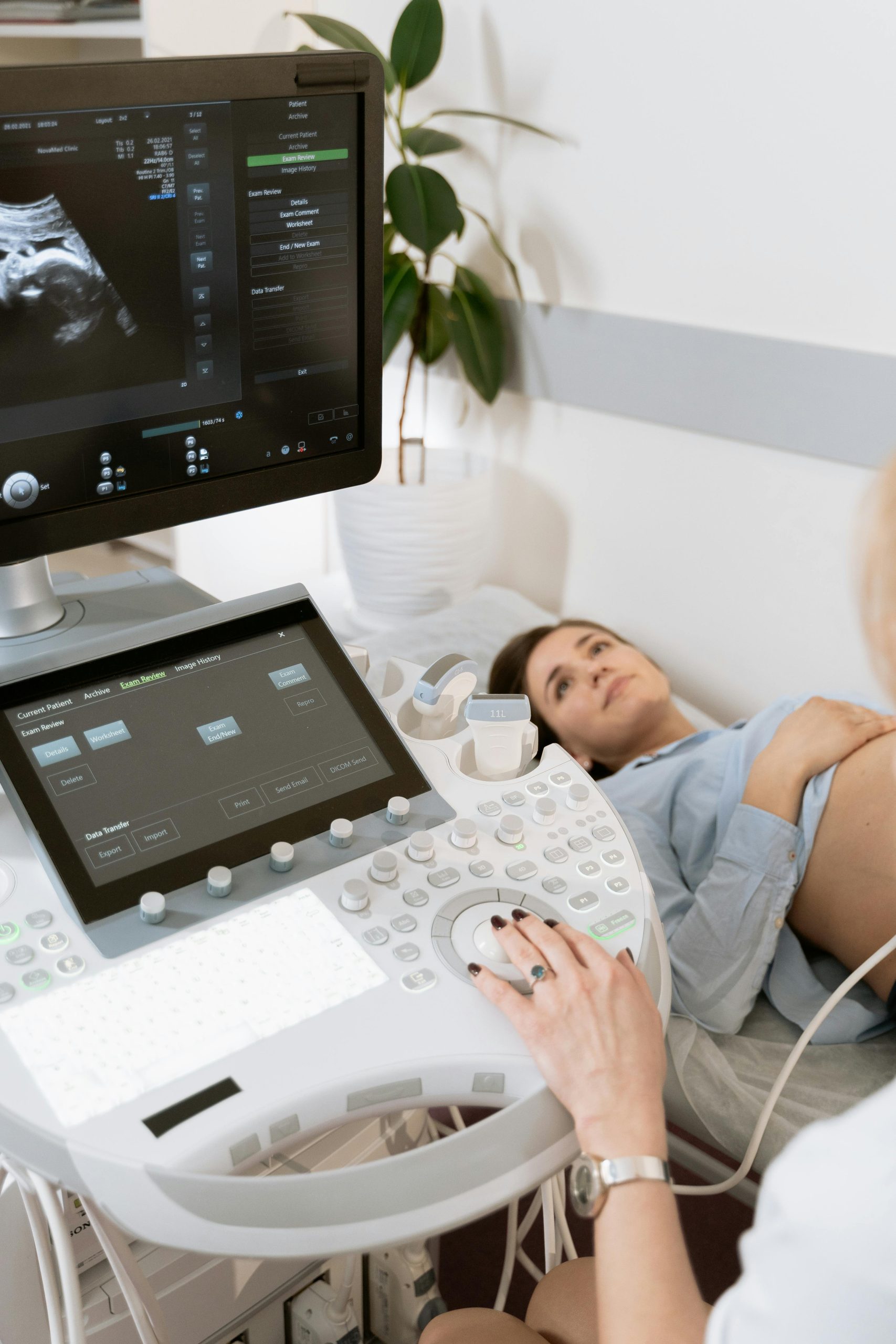
Understanding Pregnancy Symptoms: A Comprehensive Guide
Pregnancy symptoms are often the first indicators that a woman may be expecting. While the journey to motherhood is an exciting and joyous one, it’s crucial to understand the various signs and symptoms that accompany pregnancy. From the subtle changes in the body to the more pronounced symptoms, each aspect contributes to the overall experience of carrying a child. In this guide, we explore the wide range of pregnancy symptoms that women may experience across the trimesters, offering valuable insights into what to anticipate and how to manage this life-changing journey.
Early Pregnancy Symptoms:
One of the earliest signs of pregnancy is a missed period, though it’s important to recognize that not all missed periods indicate pregnancy. However, coupled with other pregnancy symptoms such as nausea, fatigue, and breast tenderness, a missed period can signal the beginning of a new chapter. Early pregnancy symptoms can vary from woman to woman, with some experiencing them intensely while others may have milder manifestations. Understanding these early signs can help women recognize changes in their bodies and seek appropriate medical care if necessary.
Physical Changes:
Hormonal fluctuations directly trigger numerous physical changes in the body as pregnancy progresses. These changes manifest in various ways, including weight gain, bloating, and frequent urination. Additionally, pregnancy symptoms such as morning sickness, characterized by nausea and vomiting, can affect women differently, with some experiencing mild discomfort while others may require medical intervention to manage severe symptoms. It’s essential for expectant mothers to listen to their bodies and seek support from healthcare providers to ensure a healthy pregnancy journey.
Emotional Rollercoaster:
Pregnancy symptoms aren’t restricted solely to physical experiences; they can also affect a woman’s emotional well-being. Hormonal shifts during pregnancy can lead to mood swings, irritability, and heightened emotions. It’s common for expectant mothers to experience a range of feelings, from elation and anticipation to anxiety and apprehension. Seeking emotional support through counseling, support groups, or discussions with partners can help women cope with the emotional ups and downs of pregnancy. Open communication and self-care practices are crucial in maintaining mental health throughout this transformative period.
Nutritional Needs:
Proper nutrition plays an important role in supporting a healthy pregnancy and alleviating pregnancy symptoms such as fatigue and nausea. Expectant mothers should focus on consuming a balanced diet rich in essential nutrients such as folate, iron, calcium, and protein. However, cravings and aversions are also common pregnancy symptoms that can influence dietary choices. While indulging in cravings in moderation is acceptable, it’s important to maintain a well-rounded diet to meet the nutritional needs of both the mother and the developing baby. Consulting with a healthcare provider or nutritionist can provide personalized guidance on dietary requirements during pregnancy.
Physical Discomforts:
As the baby grows, expectant mothers may experience an array of physical discomforts, including back pain, leg cramps, and heartburn. These pregnancy symptoms are often a result of the expanding uterus and hormonal changes that relax ligaments and muscles in preparation for childbirth. Incorporating gentle exercises, such as prenatal yoga or swimming, can help alleviate some of these discomforts while promoting overall well-being. Additionally, using supportive pillows and practicing good posture can provide relief from common pregnancy-related aches and pains.
Preparation and Planning:
Alongside the physical and emotional changes, pregnancy symptoms prompt expectant parents to make practical preparations for the arrival of their baby. This includes creating a birth plan, attending prenatal classes, and making decisions about birthing options and newborn care. Pregnancy symptoms can serve as reminders to address logistical considerations such as arranging maternity leave, setting up the nursery, and purchasing essential baby supplies. Taking proactive steps to prepare for parenthood can help alleviate stress and ensure a smoother transition into this new phase of life.
Medical Monitoring:
Regular prenatal check-ups are essential for monitoring both maternal and fetal health throughout pregnancy. Healthcare providers monitor vital signs, perform routine screenings, and track fetal growth and development to ensure a healthy pregnancy. Additionally, prenatal visits offer opportunities for expectant parents to discuss any concerns or pregnancy symptoms they may be experiencing, enabling healthcare providers to provide guidance and support as needed. Timely medical intervention can help address pregnancy complications and optimize outcomes for both mother and baby.
Bonding with Baby:
Despite the challenges posed by pregnancy symptoms, this transformative journey also fosters a deep connection between expectant mothers and their babies. From feeling the first fluttering movements to hearing the rhythmic heartbeat during prenatal appointments, these experiences strengthen the bond between parent and child. Engaging in activities such as reading to the baby, playing music, or practicing relaxation techniques can further enhance this bond and promote a sense of closeness even before birth. Embracing the journey of pregnancy allows parents to foster a deep bond with their little ones long before they enter the world.
Preparing for Labor and Delivery:
As pregnancy progresses, expectant mothers may experience an increasing sense of anticipation and excitement about the impending arrival of their baby. Alongside pregnancy symptoms such as Braxton Hicks contractions and nesting instincts, preparing for labor and delivery becomes a focal point. Attending childbirth education classes, practicing relaxation techniques, and creating a supportive birth team are essential components of preparing for childbirth. It’s important for expectant parents to educate themselves about the labor process, explore pain management options, and discuss their birth preferences with healthcare providers to ensure a positive birthing experience.
The Final Stretch:
As the due date approaches, pregnancy symptoms may intensify, signaling that labor is imminent. From the telltale signs of approaching labor, such as the release of the mucus plug and the onset of regular contractions, to the excitement and nervousness of impending parenthood, the final stretch of pregnancy is filled with anticipation and anticipation. Expectant parents should finalize their birth plans, pack their hospital bags, and ensure that they have the necessary support in place for labor and delivery. While the uncertainty of childbirth may evoke feelings of apprehension, trusting in the body’s innate ability to give birth and embracing the support of loved ones can help ease anxieties and foster a positive birthing experience.
Pregnancy symptoms serve as constant reminders of the incredible journey of creating a new life. From the early signs of pregnancy to the final moments of childbirth, each symptom and sensation contributes to the unique experience of expectant mothers. By understanding and embracing these symptoms, women can navigate the ups and downs of pregnancy with confidence and grace, supported by the knowledge that they are embarking on one of life’s most miraculous adventures. Through proper care, preparation, and support, the journey from conception to childbirth becomes a transformative and empowering experience for both parents and their growing families.










